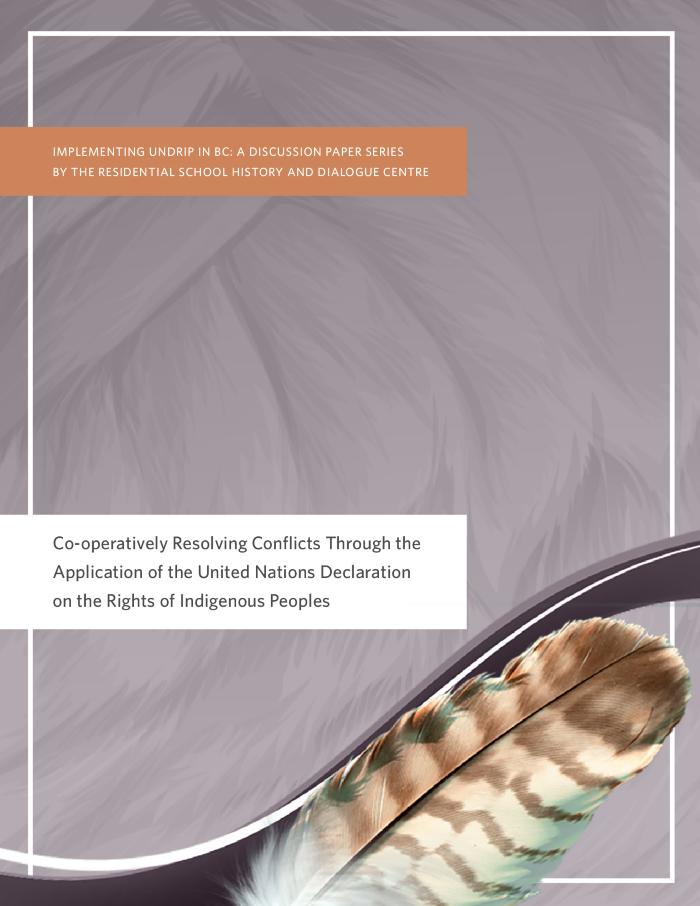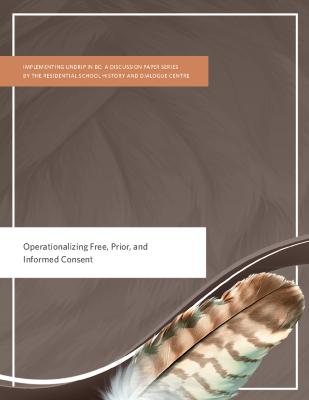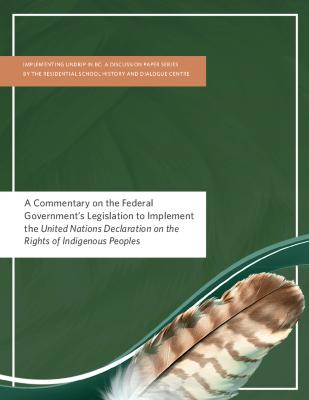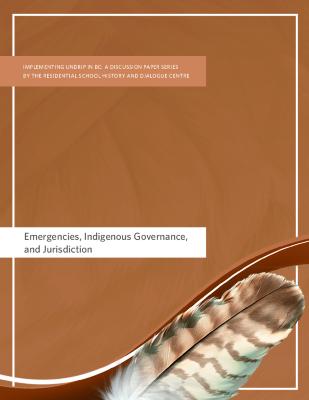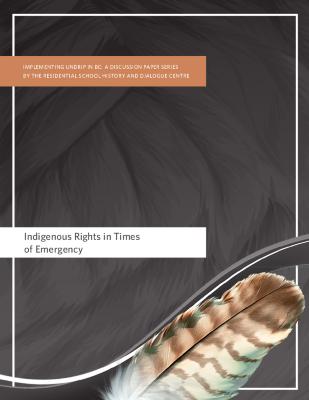We welcome you to the Indian Residential School History and Dialogue Centre.
The records on our site emerge from the cultural and physical genocide that the Canadian government and churches conducted through the Indian Residential School System, including the ongoing impacts.
Bearing witness to these records may become overwhelming. If you are a Survivor or an Intergenerational Survivor and would like support, you can call the 24-hour National Indian Residential School Crisis Line at:
1-866-925-4419
Please click the button below for other cultural and mental health resources.

